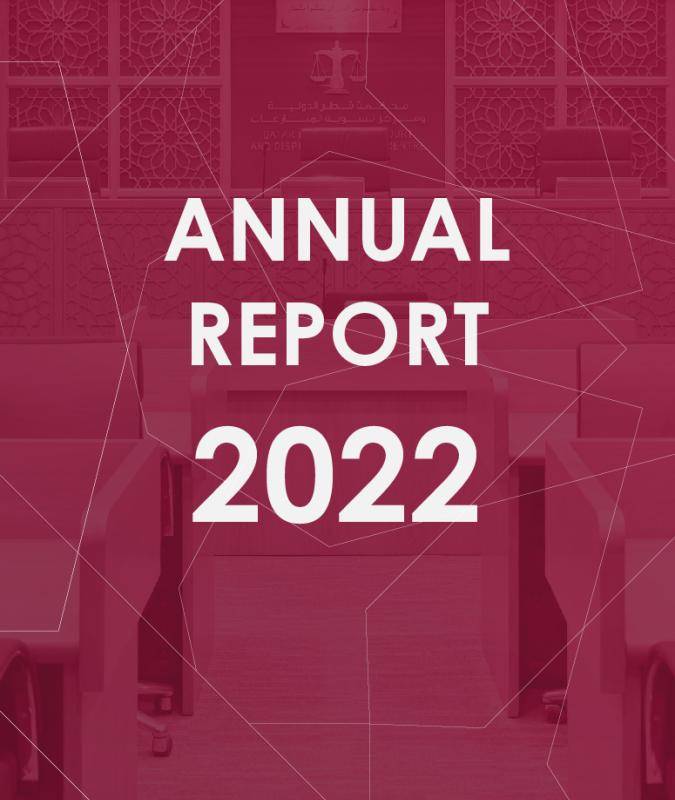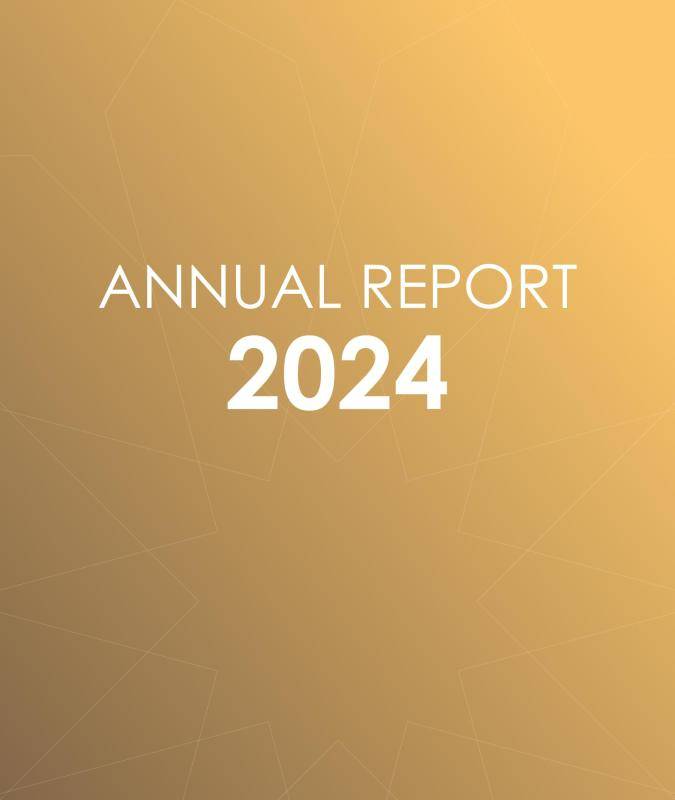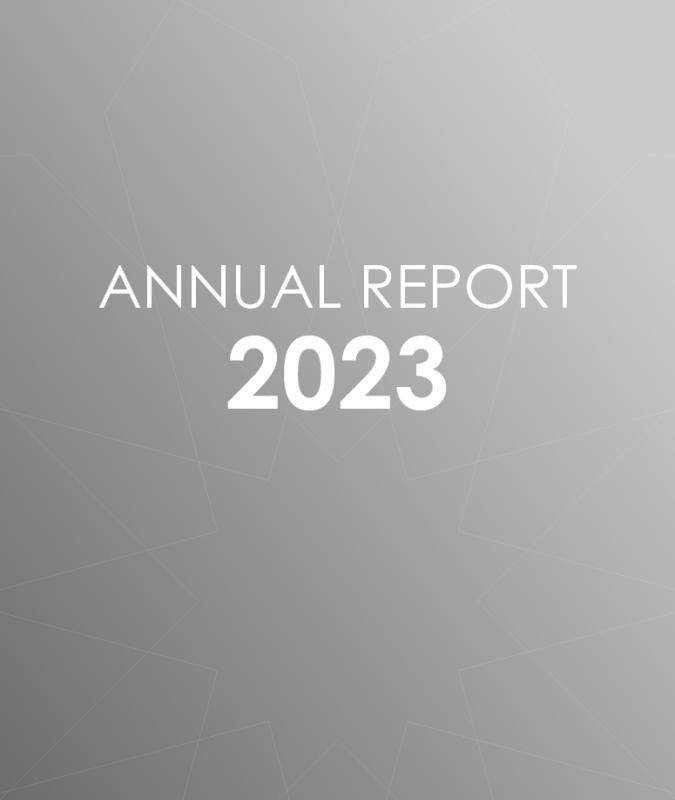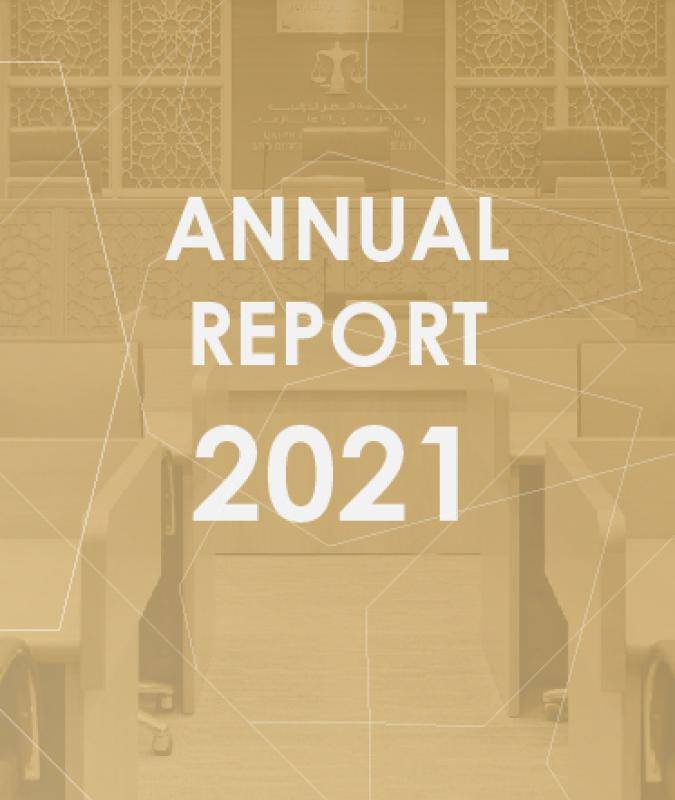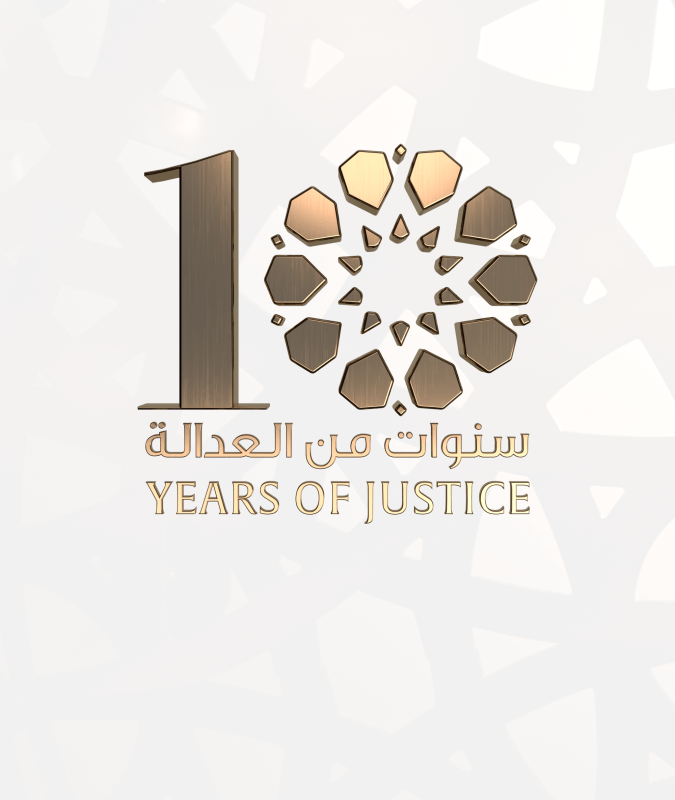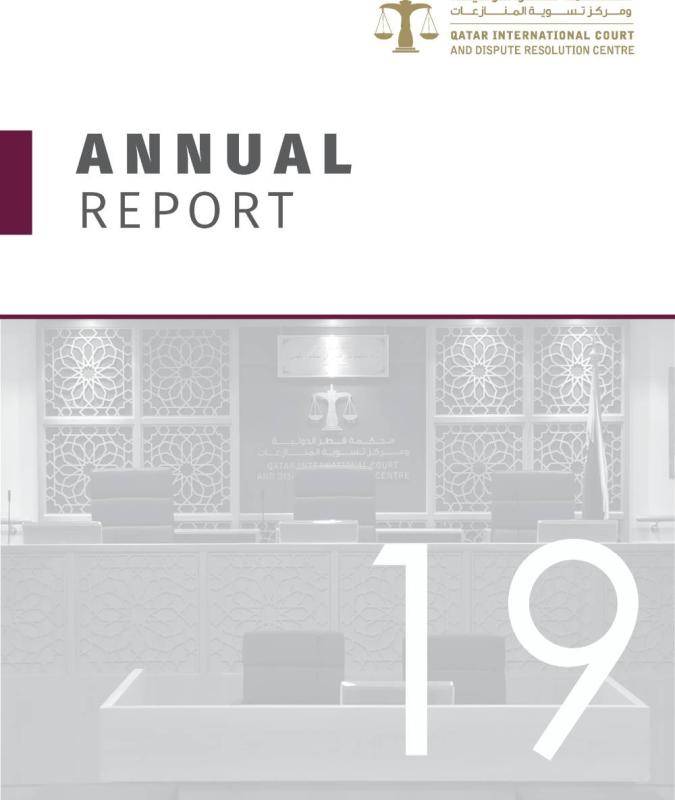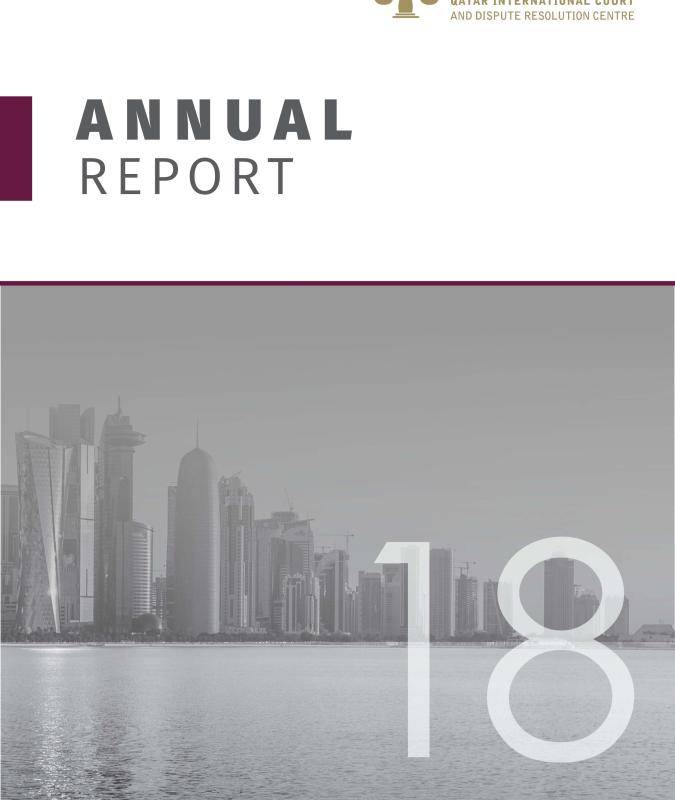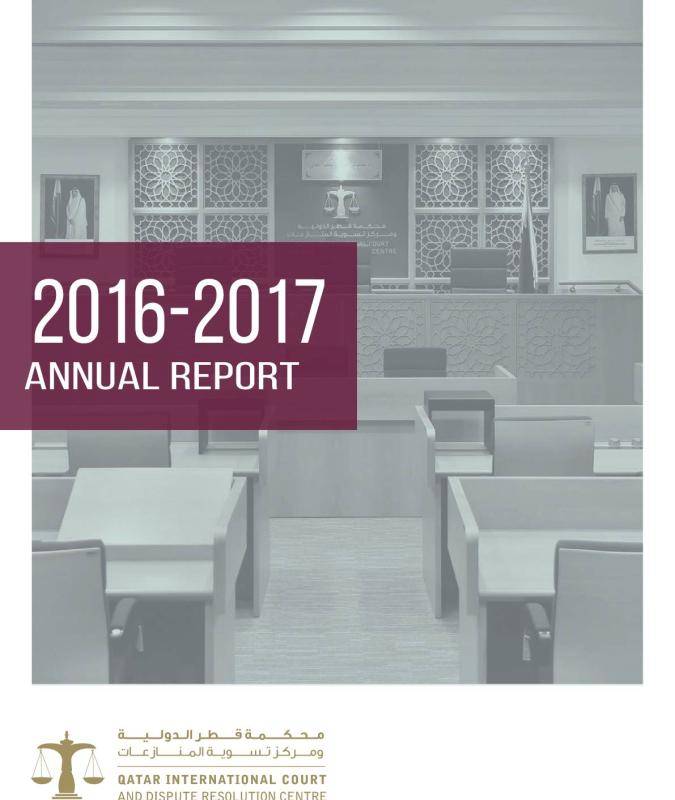Introduction
2020 was a year of reflection, adaptability, and unwavering dedication to the delivery of justice at the Qatar International Court. We were honoured to celebrate our 10-year anniversary as a major milestone toward the Court’s commitment to uphold the rule of law, and yet at the same time dealt with extraordinary challenges that tested our community.
We started the year by welcoming a Kuwaiti judicial delegation from the Court of Cassation, discussing aspects of cooperation and strengthening the Court’s visibility across the region.
At the first signs of the global health crisis impacting the Qatar community, the Court took swift action to move all hearings to remote-only access, utilising our state-of-the-art technology to ensure seamless access to justice. Our growth into digital platforms accelerated and led to our first fully-integrated online hearing via the eCourt technology in April – a significant step towards the future of the Court.
During these unprecedented times, our community engagement activities continued to underline the Court’s commitment toward collaboration with the community and promotion of fairness within Qatar’s diverse society. At the start of the year, we signed an MOU with the Ministry of Public Health to implement the Workplace Wellness Programme in line with the National Health Strategy.
As the impacts of the Coronavirus pandemic began to take its toll on our business community, rooted in our mission to provide fair and equal access to justice, the Court launched the Pro Bono Service to provide eligible individuals with access to free legal advice and representation. A timely and permanent initiative, the Pro Bono Service supports individuals in demonstrable financial need, whilst maintaining the highest level of professional and legal excellence.
In November, we launched a new Mediation Service, encouraging alternative dispute resolution through mediation and further enhancing access to justice within Qatar’s business community in line with the economic development objectives set out in the Qatar National Vision 2030.

